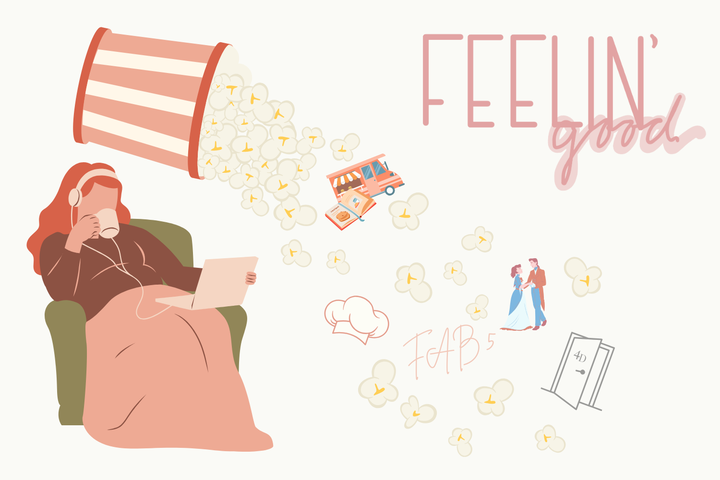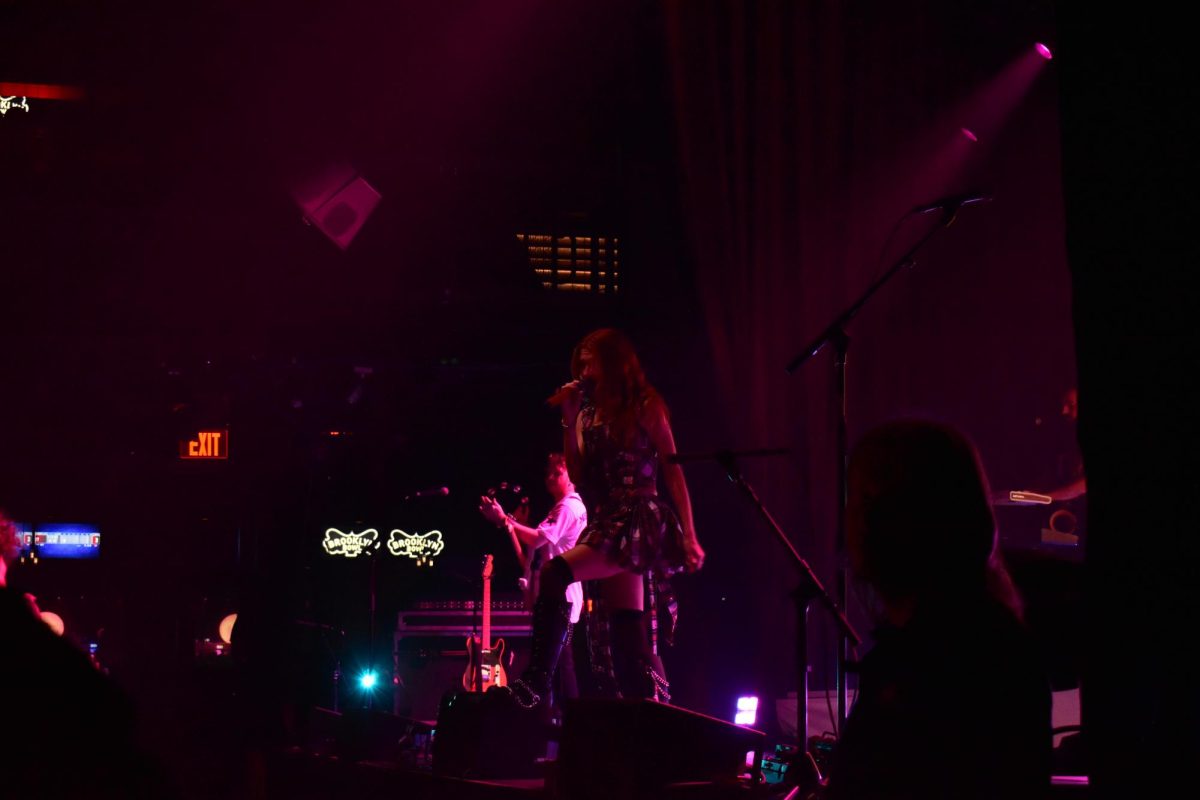Like the artist it’s based upon, I had never even heard of Blaze until a few weeks ago. It wasn’t until I read the headline “POST-SCREENING Q&A WITH DIRECTOR ETHAN HAWKE” displayed proudly on the Belcourt website that my interest was piqued. As an avid fan of GATTACA and the Before trilogy, of course I needed the chance to be in the same room as Mr. Hawke himself. Plus, maybe I would get to see a decent movie too. After attending the screening, I can confidently say that yes, the movie is decent.
Blaze follows the life of Blaze Foley (Ben Dickey), an American country singer-songwriter most notable for his work in Austin, Texas. Even at his peak, Foley never really caught a major break, as his temper and alcoholism held him back from a successful record deal. At twenty-five, he joined an artist community in Whitesburg, Georgia where he met his future wife Sybil Rosen (Alia Shawkat). Hawke in fact adapted the screenplay for Blaze from Rosen’s memoir Living in the Woods in a Tree: Remembering Blaze. Foley and Rosen spent the first years of their relationship living in a treehouse in Whitesburg until they decided to leave in pursuit of Foley’s career, and eventually landed in Austin. Life on the road proved to be more difficult than life in a tree; Foley’s drinking and infidelities led to their divorce. Blaze spent the rest of his days living with famous singer-songwriter Towns Van Zandt and other musical outcasts until he was fatally shot by a heroin addict in 1989.
It’s hard to imagine how a first-time director can tackle such a life in just over two hours, even if that director is Ethan Hawke. Hawke chose to do so through non-linear storytelling, as the film would jump forward and backward through many moments in Foley’s life. In the Q&A preceding the film, Hawke explained how he felt the songwriter deserved much more than a conventional film.
“A person’s life isn’t really linear, I feel like it’s so much more circular. The past present and future are all in interaction with each other,and I wanted to tell a story that way,” Hawke said.
Hawke’s unique style of storytelling in Blaze works both towards the film’s advantage and disadvantage. The anecdotal feel of the film lends itself very well toward the feeling of a cinematic memoir. Hawke chooses to connect certain scenes thematically rather than chronologically, which creates space for some pretty clever edits and gave the film a very intimate feel.
Hawke discussed how, when writing the script, he cared less about “what happens” than “how it happens,” which is where the circular-style bears its greatest weakness. While the scenes would thematically fit together, their contextual significance is muddled. I often found myself not understanding where they were or why they were there at the beginning of many scenes, and having to assume oh, I guess they’re drinking in this location now. Still, the unconventional script played very well in creating the equally unconventional character of Blaze Foley
As a character study, Blaze shines tremendously. Both the screenplay and Ben Dickey’s incredible performance bring this unique character to life. It’s hard to believe that not only is this his first acting role in his life, but he also had nearly zero footage of Blaze to base the character on. Dickey, who also attended the Q&A, said that all he had to work with was songs, stories from friends, and a video of Blaze standing up. With all of the mannerisms in speech and movement that Dickey put into the role, I’d say he did a job well done. Here’s to hoping he pursues a career in acting.
All of these aspects, along with some incredible cinematography and color choice, make Blaze a delightful little film. The juxtaposition of shots and deliberate use of color to convey Blaze’s emotion and mindset (red for anger, yellow for love, etc.) demonstrate Hawke’s directorial abilities. The lack of context and introduction of certain characters can make some scenes a bit confusing and sometimes frustrating, but I’m glad I can leave that experience with more than hearing a famous actor answer some questions. In fact, many of the questions asked weren’t even questions. It turns out that a lot of people living in the area knew or met Blaze, and took their time to share stories about him with Hawke, Dickey and everyone in the theater. It was a nice moment to see how many lives this estranged country singer touched, and I hope this film gets more press so Blaze’s story can get the recognition it deserves. Hey, maybe putting Hawke’s name in my own headline will do some good.
Blaze is currently showing at the Belcourt Theatre; to get tickets, click here.








